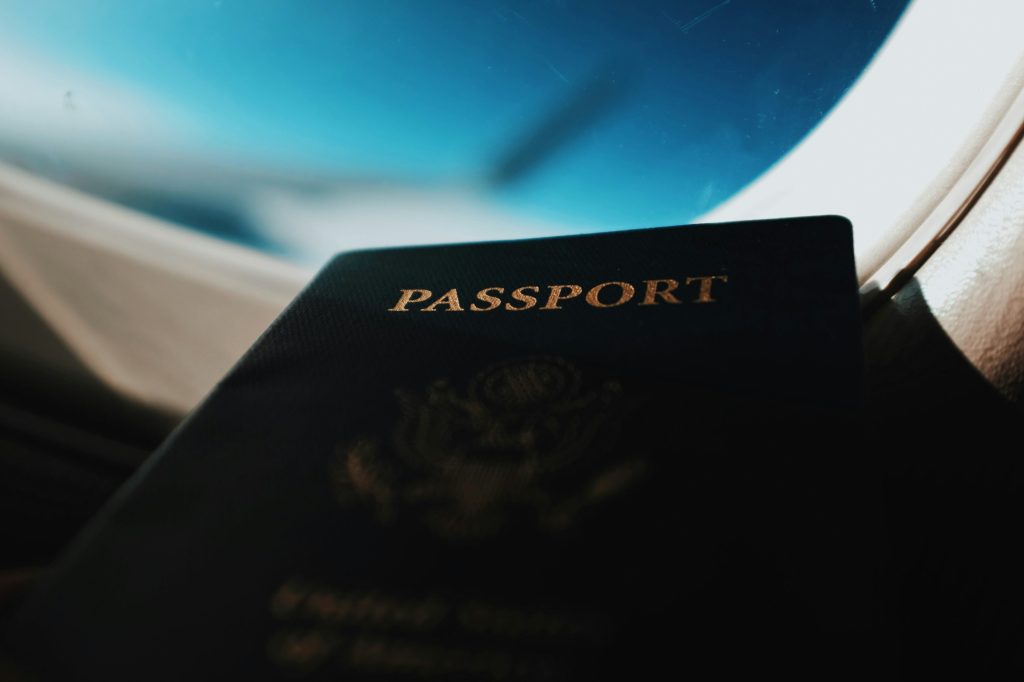
Germany Student Visa Checklist and Requirements: A Step-by-Step Guide for International Students
Planning to study in Germany? You’re not alone. Every year, thousands of international students choose Germany for its globally recognised degrees, affordable living and career prospects in Europe’s largest economy. And while the opportunities are impressive, there’s one important step to take before anything else: securing your Germany study visa.
This guide walks you through the full Germany student visa process, from eligibility and documents to timelines and fees, so you can feel confident every step of the way.

What Is the Germany Study Visa, and Who Needs It?
The Germany study visa, officially called a national visa or D-visa, allows non-EU/EEA students to enter Germany for longer-term academic programmes. You’ll need it if your course lasts more than 90 days, which includes almost all undergraduate and postgraduate degrees.
If you’re from a country like India, Nigeria or Brazil, you’ll need this visa in hand before travelling. Others, including citizens of the US or Canada, may enter visa-free but still have to apply for a residence permit once in Germany. Either way, this visa is your first official step into student life here.
What Is the Germany Student Visa Process?
Once you have your university admission letter, the application process begins. The Germany student visa process is straightforward if you follow these simple steps:
- Book a visa appointment at your nearest German embassy or consulate.
- Prepare all required documents (more on this below).
- Attend your appointment, submit your documents, and pay the visa fee.
- Wait for your application to be processed.
- Once approved, you’ll receive a visa sticker in your passport valid for 90 days. After arriving in Germany, you must register with local authorities and convert your visa into a residence permit for the duration of your studies.
The timeline can vary, so applying early is key.
What Documents Are Required for a Germany Student Visa?
To apply for a Germany study visa, you’ll need to provide a number of official documents. These usually include:
- A valid passport with at least two blank pages
- A completed visa application form
- Recent biometric passport photographs
- An official admission letter from a recognised German university
- Proof of financial means (usually through a blocked account showing at least €11,904)
- Evidence of health insurance
- Academic transcripts and qualifications
- A motivation letter outlining your study plans and goals
- Language proficiency test results (such as IELTS or TestDaF)
- Proof of payment for the Germany student visa fee
This collection forms your essential Germany student visa checklist, and all documents should be submitted in the required format. Bring both originals and photocopies to your visa appointment.
What Are the IELTS Requirements for a Germany Student Visa?
Language requirements depend on your programme. For English-taught degrees, most universities require a minimum IELTS score of 6.5, though some programmes may accept slightly lower. TOEFL scores are also widely accepted, typically with a minimum of 90.
For German-taught programmes, you’ll need to prove your proficiency in German with a recognised qualification such as TestDaF or DSH. Regardless of the language, your results must meet your university’s standards, as well as those expected by the visa authorities.
When to Apply for a Germany Student Visa
Timing matters. You should aim to begin your Germany student visa application at least two to three months before your intended travel date. During peak seasons, appointments can be limited and processing times longer, especially in the lead-up to the October semester intake.
Applying early also gives you room to respond to any document issues or additional requests from the consulate.
How Long Does the Germany Student Visa Application Process Take?
Once submitted, your visa application can take anywhere from three to twelve weeks to be processed, depending on your country of application and the complexity of your case.
The German embassy or consulate in your region will review your application, sometimes in coordination with immigration authorities in Germany. To avoid delays, make sure your application is complete and your documents are accurate.
What Is the Germany Student Visa Success Rate?
The good news is that the Germany student visa success rate is relatively high. Estimates suggest that around 90% of applicants are successful, provided they meet the requirements and submit complete documentation.
Rejections usually occur due to incomplete financial proof, unclear academic goals or missing paperwork. If you prepare carefully, your chances of securing a visa are strong.
What Does the Germany Study Visa Cost?
The standard Germany student visa fee is €75, which must be paid at the time of your visa appointment. Additional costs include:
- The blocked account deposit, which proves you can support yourself financially (currently set at €11,904 for one year)
- Health insurance, which is mandatory for all students and costs roughly €100–150 per month
- Translation or certification of certain documents, if required
While the Germany study visa cost can add up, remember that Germany offers an affordable cost of living, great value education and ample career opportunities, so the return on your investment can be very high.
Ready to Study in Germany? Let Gisma Support Your Goals
Navigating the Germany study visa requirements can feel overwhelming, but you don’t have to do it alone. At Gisma University of Applied Sciences, our admissions team supports international students through every step of the journey, from application to arrival.
If you’re ready to take the next step towards a globally recognised degree and career opportunities in Europe, explore our full range of programmes today. Whether you’re interested in business, tech, or data-driven innovation, your future starts here.
FAQs
What Is the Germany student visa processing time?
Germany student visa processing usually takes between three to twelve weeks. Timelines vary based on your country of residence, the time of year, and the completeness of your application. It’s best to apply at least two to three months before your planned travel date.
What are the Germany student visa requirements for Indian students?
Indian students must submit a university admission letter, proof of financial means (typically via a blocked account), valid health insurance, academic documents and language test results. The overall process and requirements are the same as for other non-EU applicants. Make sure all documents are complete, translated if needed and submitted in the required format.
Do I need a visa to study in Germany?
If you are a non-EU/EEA citizen, you will most likely need a Germany study visa to enter the country and begin your studies. Some students from visa-exempt countries can enter Germany without a visa but must apply for a residence permit after arrival. Always check the current rules for your nationality with your nearest German embassy or consulate.
How much does the Germany student visa cost?
The standard Germany student visa fee is €75, payable at your visa appointment. Additional costs may include opening a blocked account, health insurance and translating official documents. These expenses are part of proving you can support yourself during your studies.
What should I do after arriving in Germany with my study visa?
After arriving, your first step is to register your address at the local Bürgeramt (registration office). Then, you’ll need to apply for a residence permit at the Ausländerbehörde (foreigners’ office) to legally stay for the full length of your programme. Be sure to complete these steps within the first few weeks of arrival.
Do I need to speak German to Apply for a Study Visa?
It depends on the language of your course. If you’re applying to an English-taught programme, you’ll typically only need to prove English proficiency with an IELTS or TOEFL score. For German-taught degrees, you must provide recognised proof of German language skills, such as TestDaF or DSH results.

About the Author James
Want to explore more?
Related Blogs
Explore an Education in Germany
What is the Cost of Living in Germany for Indian Students? All You Need to Know